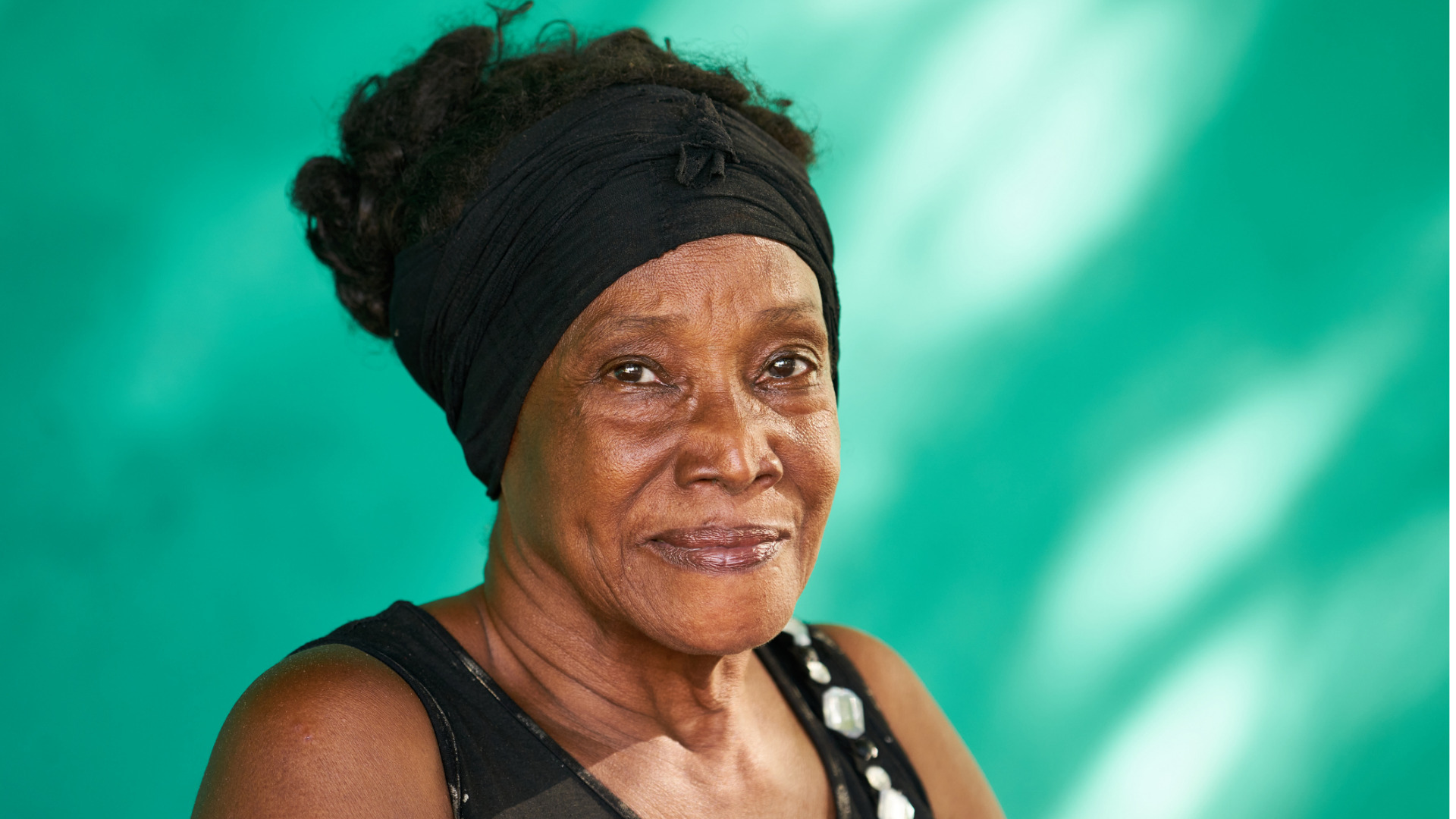
As we go about our social purpose work we regularly get to speak to local, national and international non-profit organisations. Over the years, we’ve found that many struggle to understand the many ways digital identity solutions might help them in their work.
As part of our wider efforts to help the sector make sense of the technology, today we’re publishing the second of six articles looking at the use of digital identities in six different humanitarian settings.
Please note that, while the technology use-case is real, the scenarios are hypothetical in nature, and the projects do not exist as stated.
Location
Lesotho
Scenario
Informal cross-border traders
Background
Lesotho is a sovereign state that is completely enclaved within the territory of South Africa. It has an area of around 30,000 km2 (11,583 sq mi) and a population of just under 2 million. It is mountainous and landlocked, and the levels of poverty are high.
Given their close geographical proximity, Lesotho and South Africa have a long history of trade relations, commencing more than 150 years ago when migrant labourers from Lesotho were employed in the South African gold mines.
Salaries earned by migrant labourers proved to be important to the economy of Lesotho, as indicated in the Lesotho Official Yearbook (1996) that states this income contributed 30% to the country’s Gross National Product.1
Since 1994, however, the South African government has encouraged the employment of South African miners, and Lesotho’s miners have seen massive retrenchment. This has left the population desperately seeking alternative ways of earning an income.
Many have turned to informal trade, particularly involving cross-border trips, either to purchase goods for resale in Lesotho or to sell goods produced in Lesotho, to South African markets.
The majority of informal cross-border traders are women, and this form of commercial activity is crucial in Lesotho for supporting poor families and putting food on their tables. The government recognises the importance of this economic sector and, in the sense that they allow small consignments of goods to enter the country without import permits, have tried to make border entry a little easier.
Challenge
Ten years ago, Lesotho had no national identification or registration system. With the 2013 launch of the national ID system, the government has moved to rectify this, but 10% of the population still has not been registered. Combined with this, bureaucracy at border posts is time-consuming and complex and largely of a manual nature.
Cross-border traders experience bottlenecks and delays on a daily basis. In addition, the loss of a passport would render a trader unable to earn an income for the three months that it may take to obtain a replacement.
Informal cross-border traders at Lesotho’s border posts report that passport issues complicate their commercial activities and make them vulnerable to corrupt officials who may extort a “fee” before allowing them to cross the border.

Solution
Since informal cross-border traders exit and enter Lesotho through one of only three border posts, it would be possible to register every trader on a database that could be held at each border. Traders’ names, addresses and National Identity Register numbers could be recorded, along with fingerprint, hand or face biometrics.
An offline system would suffice as long as the trader only used the border post with which he or she registers. Subsequently, any crossing through a Lesotho border post could be done by automated systems that scan the fingerprint, hand or face.
Naturally, a bilateral agreement with the South African border authorities would complete the process so that cross-border traders could move unimpeded through both sets of controls.
This would also be particularly useful for those Lesotho residents who have permanent employment just across the border in South Africa and have to make this journey twice a day, every weekday.
Read our other scenarios on how digital identity might:

